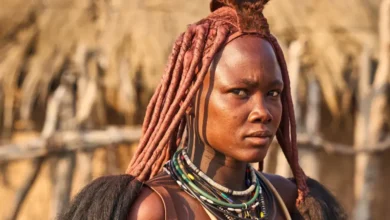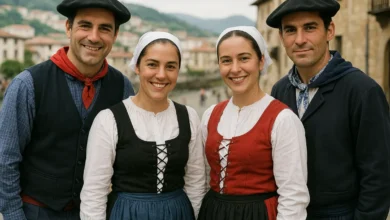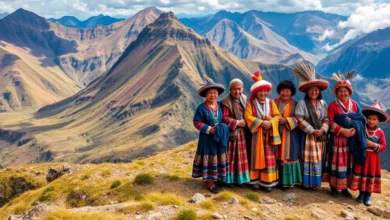A Journey Through Mythology, Art, and Timeless Traditions
The Yoruba people are one of the largest ethnic groups in West Africa, primarily inhabiting southwestern Nigeria, as well as parts of Benin and Togo. They are known for their rich cultural heritage, deep spiritual traditions, and significant contributions to art, music, and literature. The Yoruba people have a population of over 40 million, making them one of the largest ethnic groups on the African continent.
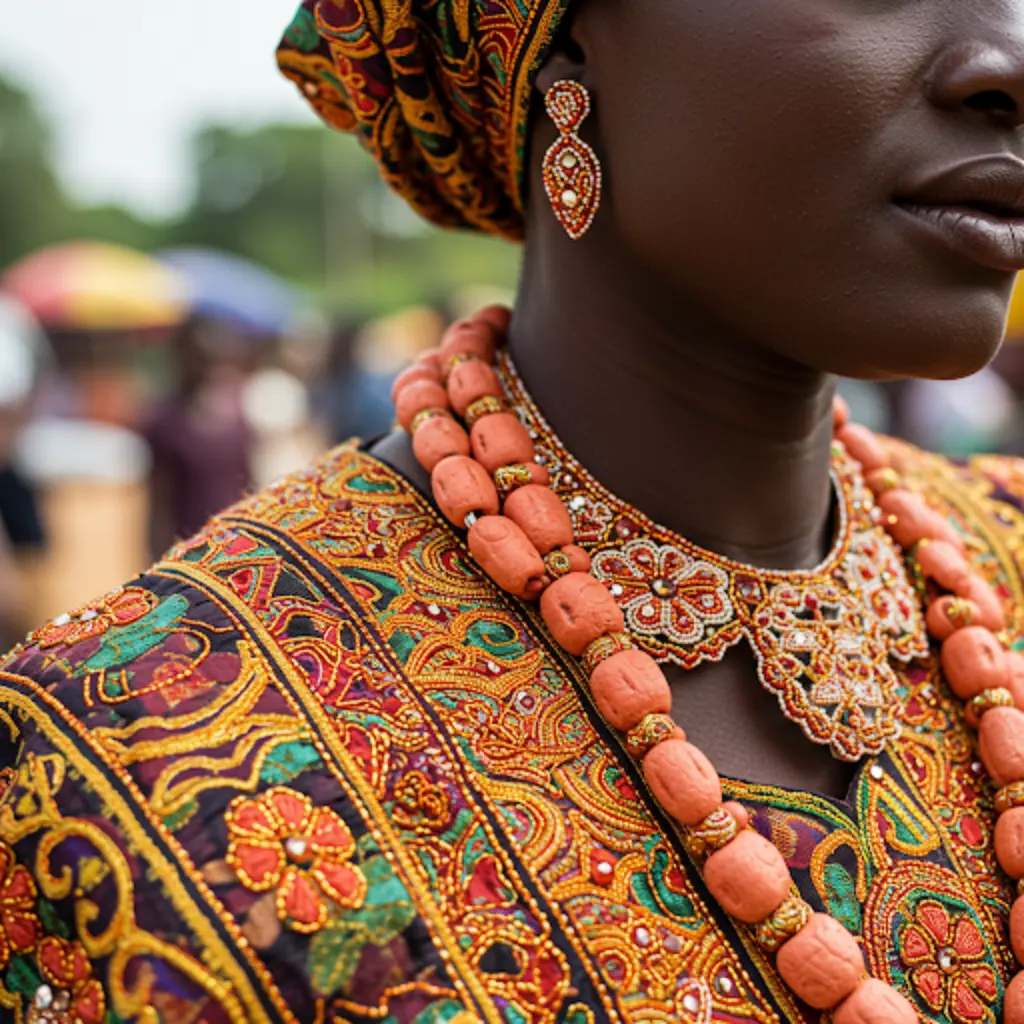
Origins and History
The Yoruba people trace their origins to the ancient city of Ile-Ife , which is considered the cradle of Yoruba civilization. According to Yoruba mythology, Ile-Ife was founded by the deity Oduduwa , who is believed to have descended from heaven to establish the first Yoruba kingdom. Ile-Ife is also regarded as the birthplace of humanity in Yoruba cosmology.
Historically, the Yoruba were organized into a series of independent city-states, each ruled by an Oba (king) or traditional leader. These city-states included prominent kingdoms such as Oyo , Ife , Ijebu , Egba , and Ketu , among others. The Oyo Empire, which emerged in the 15th century, became one of the most powerful Yoruba states and played a significant role in regional trade and politics.
During the transatlantic slave trade, many Yoruba people were captured and transported to the Americas, where they significantly influenced the cultural and religious practices of places like Brazil, Cuba, Trinidad and Tobago, and Haiti. Their spiritual traditions, particularly Orisha worship , became foundational to Afro-Caribbean religions like Candomblé and Santería .
See also San Bushmen: The Ancient Hunter-Gatherers of Southern Africa
San Bushmen: The Ancient Hunter-Gatherers of Southern Africa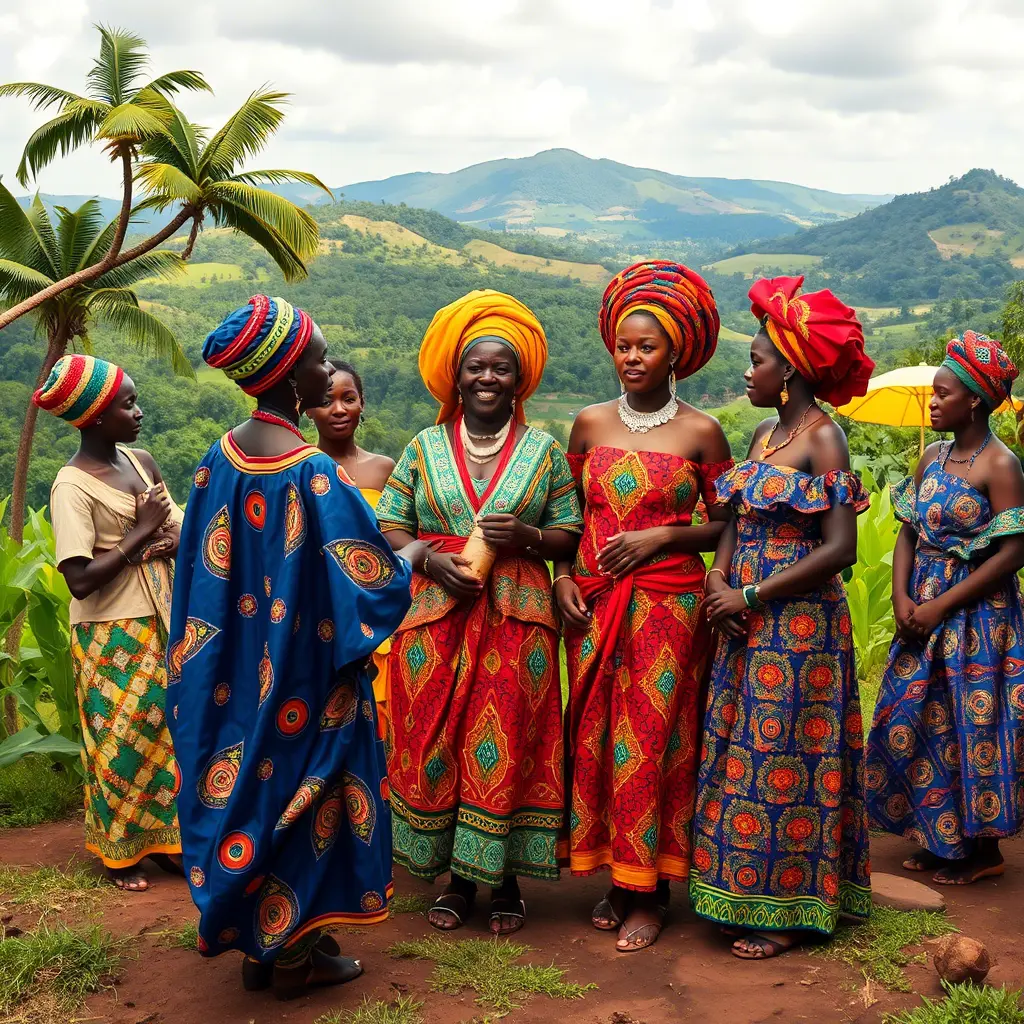
Culture and Traditions
The Yoruba people have a vibrant and diverse culture that encompasses language, art, music, dance, and spirituality.
Language
The Yoruba language, part of the Niger-Congo family, is tonal and spoken by millions of people. It has several dialects, with the standard dialect being based on the Oyo-Yoruba variety. Yoruba is written using the Latin alphabet, and its literature includes oral poetry, proverbs, folktales, and modern written works.
Art and Craftsmanship
Yoruba art is renowned for its sophistication and symbolism. Traditional Yoruba art includes:
- Sculptures : Often depicting deities, ancestors, or kings, these are made from materials like wood, bronze, and terracotta.
- Beadwork : Intricate bead designs are used to adorn crowns, clothing, and ceremonial objects.
- Textiles : The Yoruba are famous for their handwoven fabrics, such as Aso-Oke , which are used for special occasions like weddings and festivals.
Music and Dance
Music and dance are integral to Yoruba culture, often used in religious ceremonies, festivals, and social gatherings. Instruments like the talking drum , shekere , and gangan are commonly used. Popular Yoruba music genres include Fuji , Juju , and Apala .
See also Uyghur Ethnic Group: Exploring Cultural Fusion in China’s Northwest
Uyghur Ethnic Group: Exploring Cultural Fusion in China’s NorthwestFestivals
The Yoruba celebrate numerous festivals that honor their deities, ancestors, and cultural heritage. Examples include:
- Egungun Festival : A masquerade festival honoring ancestors, featuring elaborate costumes and performances.
- Osun-Osogbo Festival : A celebration dedicated to the river goddess Osun, held annually in Osogbo, Nigeria.
Spirituality and Religion
The Yoruba people have a deeply rooted spiritual tradition centered around the worship of Orishas (deities) and the belief in a supreme creator god, Olodumare . Their traditional religion emphasizes the interconnectedness of the physical and spiritual worlds.



Orishas
The Orishas are intermediaries between humans and Olodumare. Each Orisha governs specific aspects of life and nature, such as:
- Shango : God of thunder and lightning.
- Oshun : Goddess of love, fertility, and rivers.
- Obatala : Creator of human bodies and symbol of purity.
- Yemoja : Mother of waters and protector of children.
Divination and Ifá
The Yoruba practice divination through the Ifá system , which involves consulting Orunmila, the Orisha of wisdom, to seek guidance and solutions to life’s challenges. Ifá priests, known as Babalawos , use sacred tools like cowrie shells and palm nuts to interpret messages from the spiritual realm.
Christianity and Islam
While many Yoruba still practice traditional religion, Christianity and Islam have also become dominant faiths among the Yoruba people. However, syncretism is common, with elements of traditional beliefs blending into these religions. religions like Santería (Cuba) and Candomblé (Brazil), blending Yoruba rituals with local influences.
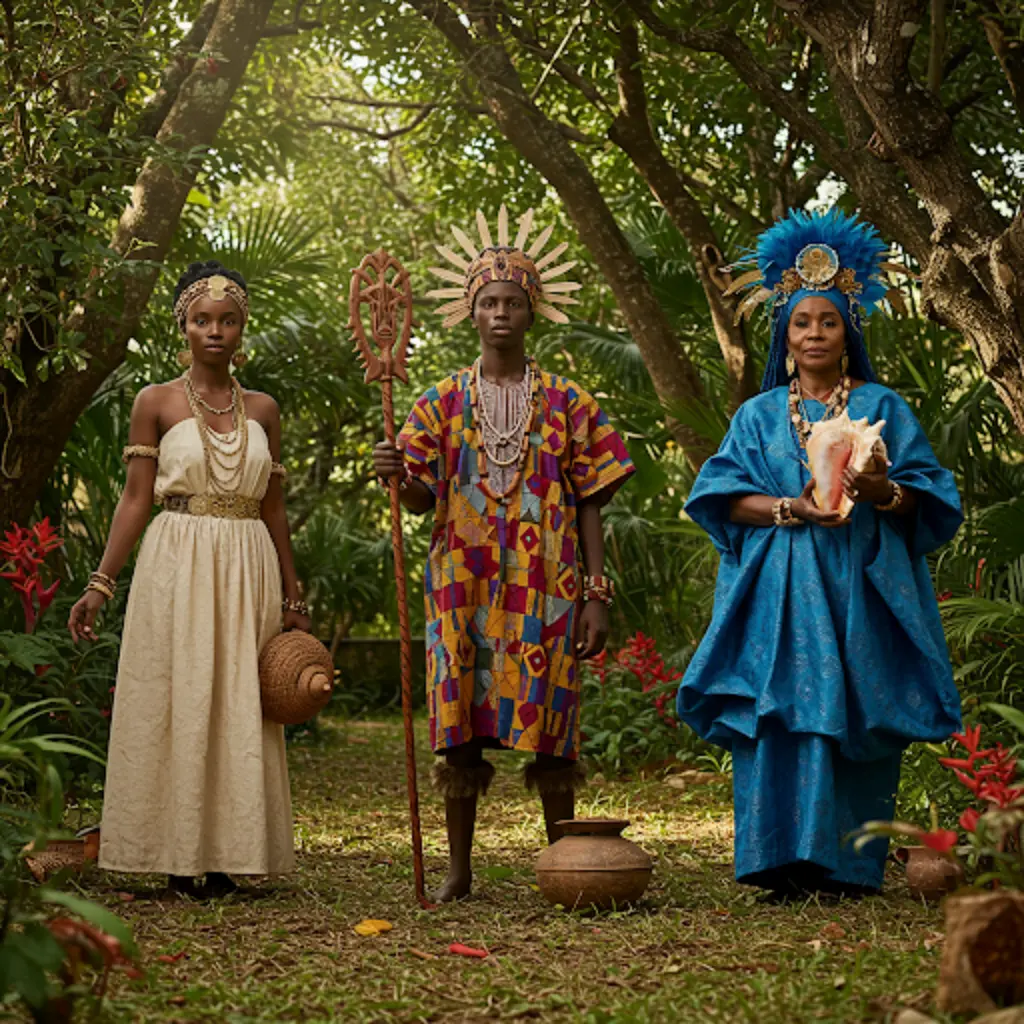
Modern Influence
The Yoruba people continue to play a vital role in shaping contemporary Nigerian society, as well as global culture. Many Yoruba individuals have achieved prominence in fields such as politics, academia, entertainment, and business. Notable figures of Yoruba descent include:
- Wole Soyinka : Nobel Prize-winning playwright and poet.
- Fela Kuti : Legendary musician and pioneer of Afrobeat.
- Chimamanda Ngozi Adichie : Acclaimed author (of partial Yoruba heritage).
In the diaspora, Yoruba traditions have profoundly influenced Afro-Caribbean and Afro-Latin cultures, particularly through religious practices like Santería and Candomblé.

- Festivals: The Osun-Osogbo Festival (a UNESCO event) honors the river goddess Oshun, while the Eyo Festival in Lagos dazzles with ancestral masquerades.
- Global Impact: Yoruba culture thrives in Afrobeat music (pioneered by Fela Kuti), Nollywood films, and literature (Nobel laureate Wole Soyinka).
- Diaspora Traditions: Enslaved Yoruba carried traditions to the Americas, influencing Brazilian Carnaval and Caribbean religions.
Yoruba Today: A Living Heritage
While many Yoruba practice Christianity or Islam, traditional beliefs endure. Cities like Lagos and Ibadan pulse with modern life, yet age-old customs—like honoring ancestors or crafting sacred art—remain vital. Artists globally draw from Yoruba motifs, and the language flourishes in music, proverbs, and daily life.
Conclusion: A Tapestry of Resilience
The Yoruba people are a testament to the resilience and richness of African cultures. Their history, traditions, and contributions to global heritage make them a fascinating and influential group. From their spiritual practices to their artistic achievements, the Yoruba continue to inspire and shape the world in profound ways.
Final Answer: The Yoruba people are a major West African ethnic group known for their rich cultural heritage, spiritual traditions, and significant contributions to art, music, and global culture.
Dive deeper: Visit Osun-Osogbo Sacred Grove or explore Yoruba art at the British Museum. The story of the Yoruba is alive, waiting to be celebrated.

